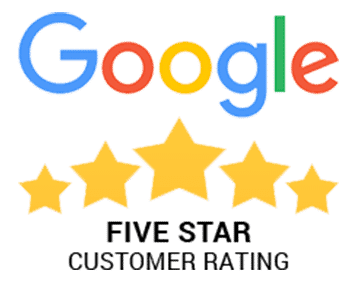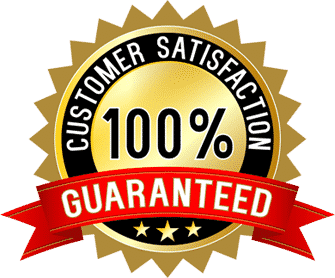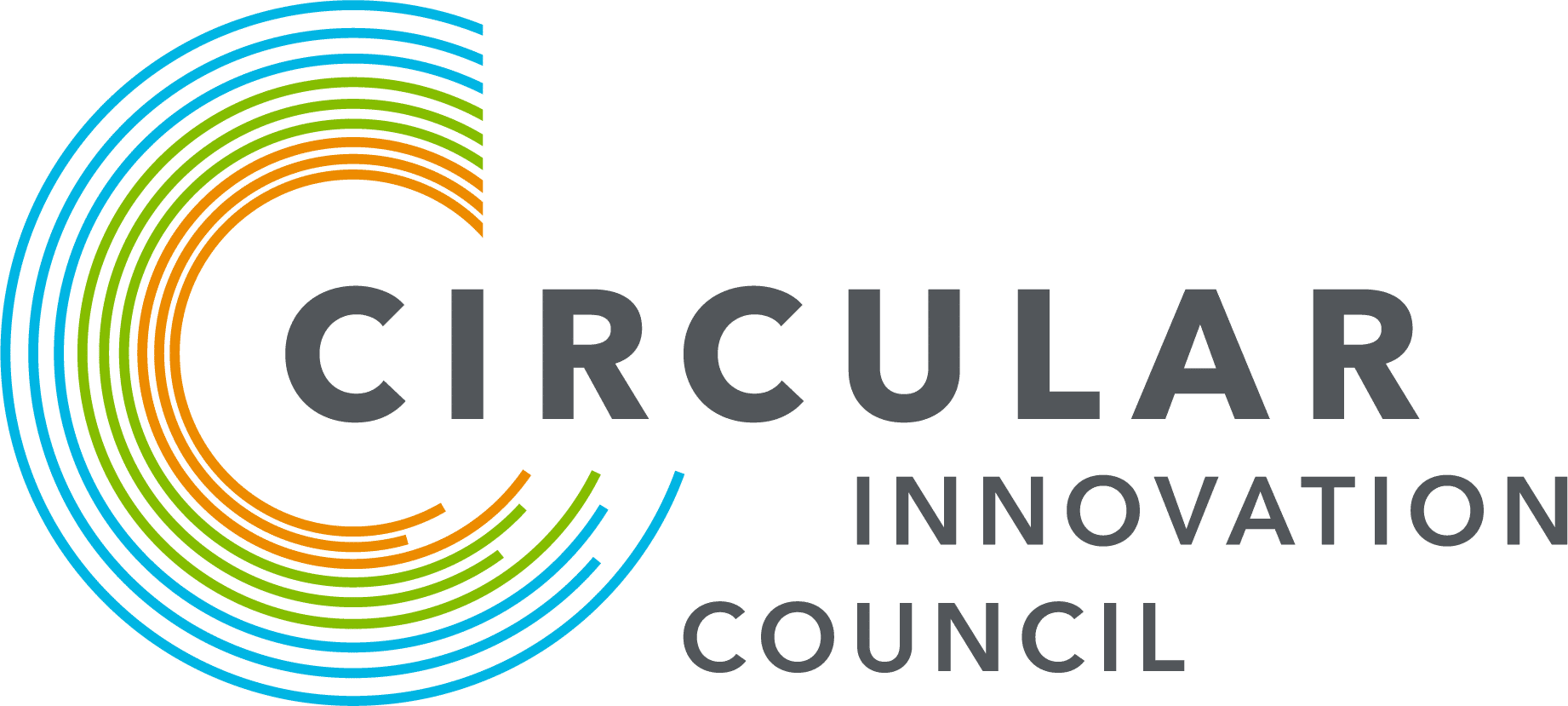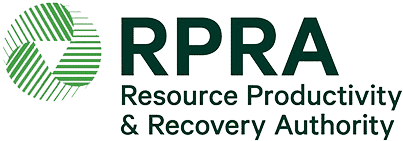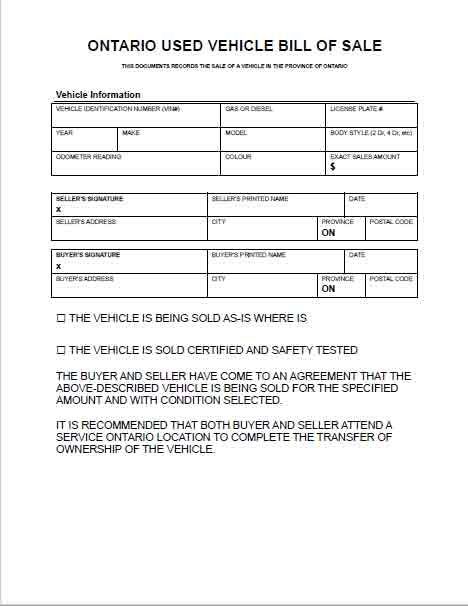HOW TO SCRAP A CAR IN ONTARIO IN 2024
UPDATED APRIL 16, 2024
-
Step 1: Remove all personal belongings and garbage from the vehicle
It's important that you remove any personal belongings. Check all compartments including cup holders, door pockets, glove box and arm rest. Look under the seats and in between the rear seat and back rest! You might find some long lost coffee change! Don't forget to check above your sun visors. Don't forget your 407 transponder if you have one! It's the one most commonly forgotten item! 407 ETR will charge you a fee for a lost transponder.
-
Step 2: Locate the Vehicle Ownership and Key(s)
The vehicle portion is on the left side of the Ontario Vehicle Ownership document. Scrapping a vehicle is considered a sale, so you must sign the back of the document and provide the name of the purchaser. The scrap yard will then transfer the vehicle over to their name at Service Ontario. Do not write any personal or driver's name on the Buyers Information Section. No UVIP (Used Vehicle Information Package) is required for recycling a vehicle.
-
Step 3: Remove your license plates
You will need some tools for this! Usually a 10mm socket or a phillips screw driver can do the trick. If you don't have tools, the tow truck driver taking your car away may be able to assist, but be sure to ask ahead of time! Your can return your old license plates to Service Ontario along with the PERMIT (Plate) PORTION of the vehicle ownership (Right side). Pro Tip: Keep your licensed plates for future use and avoid buying license plates in the future.
-
Step 4: Get a quote from a Licensed Scrap Yard like Auto Heaven by calling 1-888-638-6067 and arrange for a pick-up of your old scrap car
- There are Scrap Yards in Ontario which operate their own tow trucks. You can call for a quote and arrange a date and time for a pick-up. Most offer free towing.
- Ontario Auto Recycling companies must be registered with EASR under Section 20.21(1)(a) of the Environmental Protection Act , the use, operation, establishment, alteration, englargement or extension of an end-of-life vehicle waste disposal site, as prescribed in O. Reg. 85/16
- You can search if a scrap yard is licensed using Access Environment Website.
- Alternatively, you can verify the legitimacy of the scrapyard by accessing the database from the Ontario Automotive Recyclers Association. You may be pleased to locate Auto Heaven within that database.
- If you are getting quotes from Auto Recyclers online, you can verify their licensing using the above link. Many will claim they are licensed, but most aren't. Do your due diligence and deal with registered recycling yards only!
- Avoid getting scammed by illegitimate scrappers. Here's a good article about how to avoid getting scammed by scrappers
-
Step 5: Always ask for a Bill of Sale
When recycling your vehicle, always ask for a Bill of Sale. Some may weasel their way out of giving you one claiming that no Bill of Sale is necessary under $1000, for example. This is not true. A Bill of Sale or a Recycling Certificate can be issued for any amount, or even if your vehicle is collected for free. Don't take no for an answer.
The best way to scrap a car in Ontario is by using a Licensed Auto Scrap Yard or a Salvage Yard. Some scrap yards offer free towing if you can't drive your vehicle to a scrap yard. This is an easy way to scrap your old car.
WHAT DOCUMENTS DO I NEED?
-
Vehicle Portion of the Ownership
It is important to have your vehicle portion of the Ontario ownership ready for scrapping your car. On the back of the ownership you will find the vehicle transfer section, where you should indicate the name of the new owner, their address, indicate the sale date, odometer reading and finally - sign the document. This is imperative to have the vehicle transferred out of your name.

-
Used Vehicle Bill of Sale
The Used Vehicle Bill of Sale is your proof that you have legally sold the vehicle. The document must contain all vehicle details including VIN number, Year of Production, Make of Vehicle, Model of Vehicle, Colour.
Additionally, both the seller and buyer information should be on this document including First Name, Last Name, Address.
It so happens that sometimes you may become a victim of fraud, where an individual may purchase a vehicle from you and then use that vehicle for undesirable activities such as theft, staging accidents, robbery, etc. without transferring the vehicle out of your name. Such vehicles are then abandoned and guess who the police will come to see first? For this reason, you must always keep a record of the sale.It is also advisable for you to visit Service Ontario immediately after the sale and advise them of the vehicle sale. The Service Ontario clerk will then change the status of the vehicle as SOLD in the Ministry of Transportation system.
You can find a free fillable the Ontario Used Vehicle Bill of Sale by clicking this link
RECYCLE YOUR CAR TODAY!
Get a free no-obligation quote by phone. In most cases, we will pick up your old car the same day.
SCRAP CAR VALUE INFORGRAPHIC
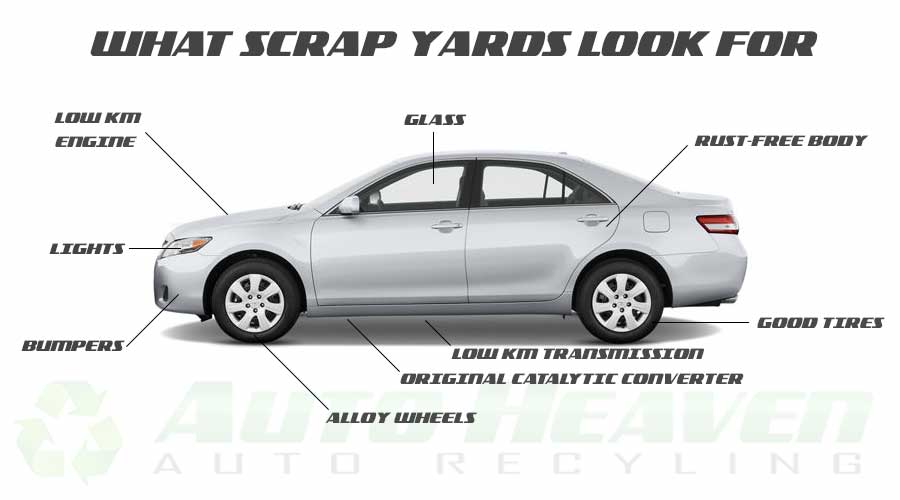
Low Kilometer Engine That Runs
The engine of a vehicle is probably the most valuable components of the vehicle that dictates revenue for scrap yard. In-demand engines with under 150,000 km will definitely bring your scrap car value up significantly, especially if it's a late model vehicle under 5 years old.
Low Kilometer Operable Transmission
When looking a the scrap value of a vehicle, scrap yards always consider the transmission to be a key component in parts resale. This brings higher value to your vehicle. Original transmissions with under 200,000 km will give you the most value.
Rust-free body panels
Easily removable parts such as the doors and fenders of a vehicle are valuable components that scrap yards can resell to someone in need. If parts of the body of a vehicle is rusty, those parts can't be resold. This may bring the value of your vehicle down.
Catalytic Converter(s)
Part of your exhaust system has an cleaning and filtering device installed called the Catalytic Converter. Some vehicle may have more than one. The original factory installed Catalytic Converters carry a value and when de-canned can bring revenue to the scrap yard. Aftermarket replacements carry no value and because of this, the value of your vehicle may be reduced. What makes them valuable is trace contents of Platinum, Palladium and Rhodium.
Alloy (Aluminum) Wheels
Aluminum or Aluminum Alloy wheels carry either a resale or recycling value of the material. If the wheels are in decent condition, a scrap yard may resell the wheels for profit. If the wheels are in poor, oxidized or damaged condition, the wheels will be recycling for their non-ferrous value.
Bumpers, Headlights, Tail Lights
Bumpers, Headlights and Tail lights are a typically a hot commodity for resale on relatively newer vehicles. Minor road accents happen every day, so bumpers and lights tend to be damaged in light fender benders. Undamaged bumpers and lights can be resold for a profit. If your bumpers or lights are damaged, the vehicle brings less potential revenue to a scrap yard and thus your payout may in some cases be less.
USED CAR BILL OF SALE ONTARIO
BILL OF SALE REQUIREMENTS
You must include the following information on a bill of sale for the purchase of a used or new vehicle:
- vehicle identification number (VIN)
- make, year and power source for motor vehicles (gas, diesel, electric)
- body type, colour and model (if available)
- purchase price (taxes collected and HST/GST number if applicable)
- Some exemptions may apply. For example, when transferring a vehicle to a family member as a family gift, the Sworn Statement for a Family Gift of a Used Motor vehicle in the Province of Ontario is required. This form is available online at ServiceOntario.ca or in person at your nearest ServiceOntario centre.
- name, address and signature of the current owner/dealer or the leasing company (seller)
- name and address of the buyer
- sale/purchase date
The bill of sale must be an original document, but it can be handwritten. We will also accept a pre-printed bill of sale with a handwritten HST/GST number.
- A photocopy or facsimile of the bill of sale is acceptable if either:
- the original is viewed and photocopied at a ServiceOntario centre
- the original and the photocopy are viewed at the ServiceOntario centre
- the facsimile is sent directly from the seller to the ServiceOntario centre

